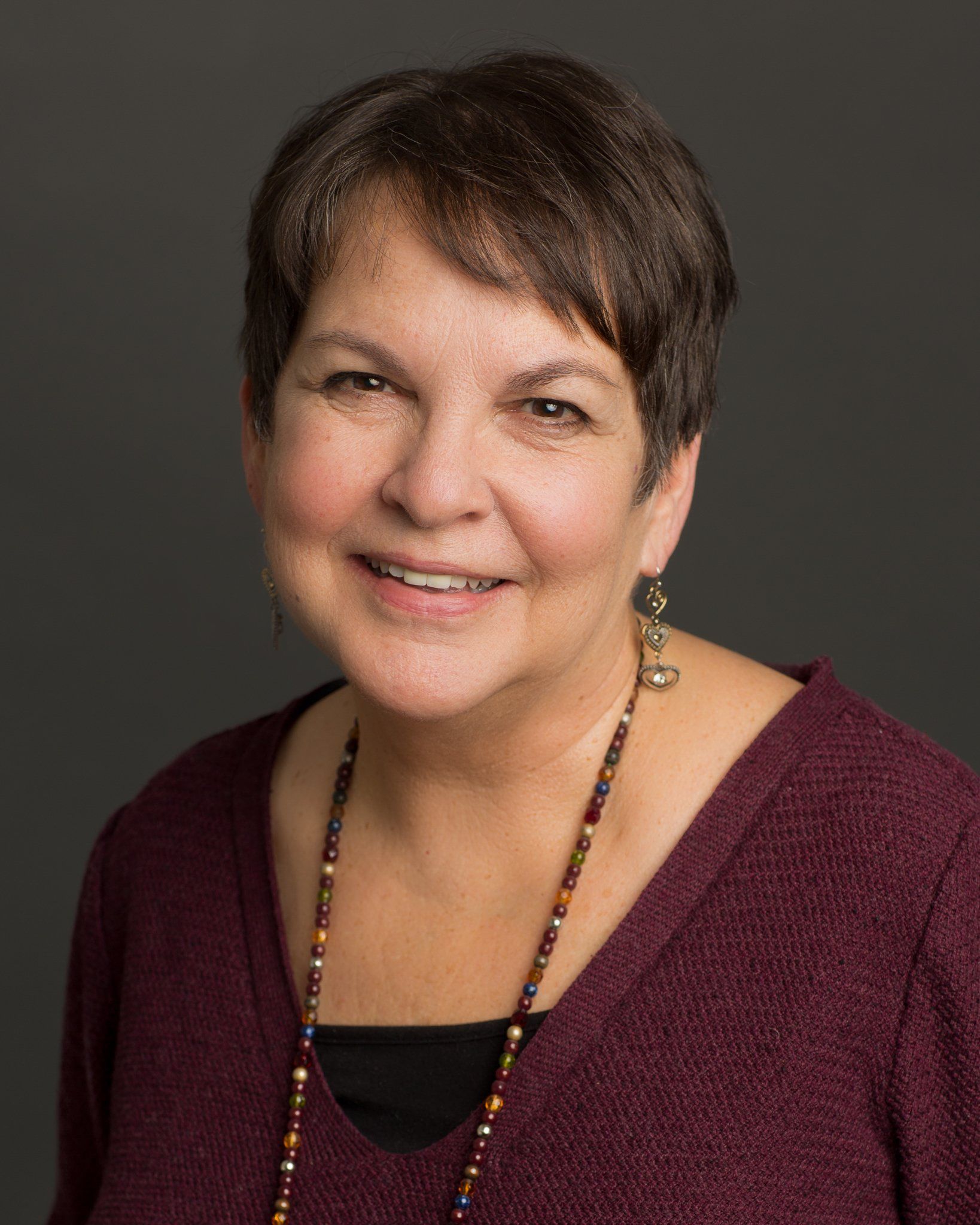Our Place of Belonging
Sep 11
/
Marsha Crockett

Place and time. These two elements together have the potential to create a sense of belonging. Today, on September 11th, we remember specifics about the time and place when the twin towers of the World Trade Center were destroyed by terrorists, resulting in the massive loss of lives and livelihood. Going through major life changes and losses in my family on that day, I remember standing in front of the TV, hand over my heart, as if to keep it from breaking further, as I watched the towers fall. And over the following days, I sensed my life was metaphorically at ground zero. We remember the place and time when it happened. We remember ground zero. We remember the hero stories; in this remembered experience, all our differences fall to the wayside, and we are united, grounded together in the shared history.
Perhaps now more than ever, our world is yearning to belong, to lay claim to times and places that create meaningful identity in an otherwise unwieldy world where borders no longer restrict our ability to connect across the globe. We communicate electronically. Our work takes place on the stage of a global economy. We can travel from continent to continent in search of fun, entertainment, or new adventure. While this has afforded humanity unparalleled opportunity, it has also raised awareness of our innate hunger for belonging, to drive stakes into the ground and claim our own specific time and place to belong.
We are a people of place. We somehow know who we are by where we are and where we come from. In fact, our ability to navigate and our sense of place somehow makes us human. We instinctively long for a place to call home, to give expression to who we are. We can recognize those grounding places when we feel homesick or experience a deep recognition, an organic familiarity, where sights, scents, and sounds awaken lost memories.
And while place and time are elemental to memory-making, we also know there is more to consider. Because in light of these events and places, we go deeper to ask the question, "How then do I want to live and be in this present time and space, be in a home, a workplace, school, neighborhood, community, or country?" Within the context of time and place, Jesus also entered the world. Even as an itinerate preacher, teacher, and healer, he lived contented, grounded in his own purpose within the boundaries and culture of Israel. And he knew the source and direction for his life that rooted his identity as Messiah.
As we remember our shared experiences on September 11th, we are also called to claim our identity from the source of life flowing from our Divine reality as children of God, our true place of belonging.
For Your own Reflection: Within the context of the time and places where you live each day, what does your spiritual identity look like? What are the places where you've experienced unity and wholeness within yourself and with others? How does your faith ground you in a rootedness of purpose? Take time to capture your reflection in a journal.

Marsha Crockett
Marsha Crockett is a certified spiritual director, meeting with clients virtually and in Port Orchard, Washington. She is also the author of the recently released book Sacred Conversation: Exploring the Seven Gifts of Spiritual Direction (Upper Room Books). In addition to her direction
practice and writing, she leads workshops, retreats, and quiet days of reflection using the framework for the prayer of examen. You can reach her at marsha@marshacrockett.org, or visit
her website at www.marshacrockett.org. Or follow her on Instagram @marshakaycrockett.
practice and writing, she leads workshops, retreats, and quiet days of reflection using the framework for the prayer of examen. You can reach her at marsha@marshacrockett.org, or visit
her website at www.marshacrockett.org. Or follow her on Instagram @marshakaycrockett.

